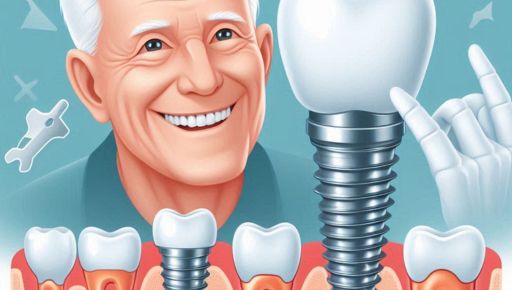How Pain Management Specialists Help In Managing Pain In Elderly Patients

Managing pain in elderly patients is critical for their well-being. Pain management specialists play a key role in this process. They use various techniques to ease pain and improve quality of life. Treatments like medication, physical therapy, and procedures such as stellate ganglion block newnan offer relief. Experts tailor plans to each individual’s needs. This personalized approach fosters comfort and enhances daily living. Understanding these methods helps highlight the importance of expert care.
The Role of Medication
Medication is often the first step in managing pain. Specialists can prescribe drugs that target specific types of pain. These include nonsteroidal anti-inflammatory drugs (NSAIDs), acetaminophen, and opioids. It’s crucial to balance effectiveness with safety, especially for the elderly, who may experience more side effects. By adjusting dosages and combinations, specialists aim to provide relief while minimizing risks.
Physical Therapy and Rehabilitation
Physical therapy is a cornerstone of pain management. It involves exercises and techniques that improve strength and flexibility. Therapists design programs tailored to each patient’s abilities and limitations. By enhancing mobility, therapy reduces pain and prevents further injuries. A study by the National Institutes of Health highlights the benefits of regular physical activity for the elderly, showing improvements in pain and overall health.
Interventional Procedures
When medication and therapy aren’t enough, specialists may use interventional procedures. These include injections and nerve blocks. For instance, a stellate ganglion block can target nerves that carry pain signals. Such procedures are minimally invasive and offer significant relief. They provide an alternative for those who cannot take certain medications.
Comparison of Pain Management Techniques
| Technique | Benefits | Considerations |
| Medication | Quick relief, easy to adjust | Possible side effects, interaction with other drugs |
| Physical Therapy | Improves mobility, strengthens body | Requires time and effort, gradual results |
| Interventional Procedures | Directly targets pain, minimally invasive | May require multiple sessions, not suitable for all |
Integrative Approaches
Pain management often benefits from a combination of treatments. Specialists may recommend integrative approaches that include lifestyle changes. Nutrition, stress management, and sleep hygiene can all impact pain levels. By addressing these factors, patients may find additional relief. According to the Centers for Disease Control and Prevention, a holistic approach can enhance seniors’ quality of life and decrease pain.
Importance of Regular Monitoring
Ongoing assessment is vital in pain management. Specialists regularly review treatment plans and adjust them as needed. This ensures that pain control remains effective over time. Regular monitoring helps identify any new issues early, preventing complications. By staying proactive, specialists ensure that patients receive the best possible care.
Conclusion
Pain management specialists play an indispensable role in caring for elderly patients. Their expertise in various techniques ensures that pain is managed effectively. By combining medication, physical therapy, interventional procedures, and integrative approaches, specialists provide comprehensive care. This tailored approach not only relieves pain but also improves the quality of life. Through careful monitoring and adjustment, specialists help elderly patients live comfortably and independently.




